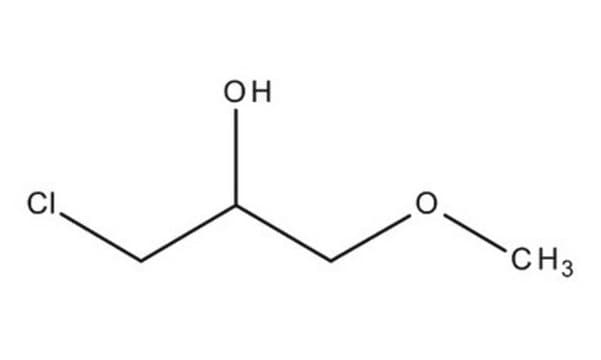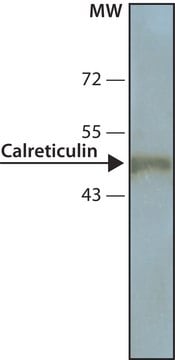All Photos(2)
About This Item
Empirical Formula (Hill Notation):
C3H5ClO3
CAS Number:
Molecular Weight:
124.52
EC Number:
MDL number:
UNSPSC Code:
12352100
PubChem Substance ID:
NACRES:
NA.22
Recommended Products
Assay
≥92.5%
form
solid
storage temp.
2-8°C
SMILES string
OC(CCl)C(O)=O
InChI
1S/C3H5ClO3/c4-1-2(5)3(6)7/h2,5H,1H2,(H,6,7)
InChI key
OSLCJYYQMKPZHU-UHFFFAOYSA-N
Signal Word
Danger
Hazard Statements
Precautionary Statements
Hazard Classifications
Skin Corr. 1B
Storage Class Code
8A - Combustible corrosive hazardous materials
WGK
WGK 3
Flash Point(F)
Not applicable
Flash Point(C)
Not applicable
Personal Protective Equipment
dust mask type N95 (US), Eyeshields, Gloves
Certificates of Analysis (COA)
Search for Certificates of Analysis (COA) by entering the products Lot/Batch Number. Lot and Batch Numbers can be found on a product’s label following the words ‘Lot’ or ‘Batch’.
Already Own This Product?
Find documentation for the products that you have recently purchased in the Document Library.
A R Jones et al.
Reproduction, fertility, and development, 1(4), 357-367 (1989-01-01)
The oxidative metabolic capability of mature boar spermatozoa has been determined in vitro. The high rate of oxidation of fructose, glucose, glycerol, glycerol-3-phosphate and lactate to CO2 and the optimization of incubation conditions indicates that these cells could constitute a
K E Porter et al.
Chemico-biological interactions, 41(1), 95-104 (1982-07-15)
The (R)- and (S)-isomers of the male antifertility agent alpha-chlorohydrin have been synthesized. When administered to rats, the (R)-isomer induced a period of diuresis and glucosuria, whereas the (S)-isomer, which possesses the antifertility activity, had no detrimental action on the
M S Dobbie et al.
Xenobiotica; the fate of foreign compounds in biological systems, 18(12), 1389-1399 (1988-12-01)
1. When (R, S)-[3-36 Cl]chlorolactate was administered to male rats, two radioactive constituents were excreted in the urine. These were identified as 36Cl- and [3-36 Cl]chlorolactate which was subsequently shown to be essentially the (S)-isomer. 2. Analysis of the urinary
Jong Kwon Lee et al.
Toxicology, 210(2-3), 175-187 (2005-04-21)
Beta-chlorolactic acid is a major intermediate of 3-monochloro-1,2-propanediol (MCPD) in mammalian species, which a well-known by-product of acid-hydrolyzed soy sauce during its manufacturing process. beta-Chlorolactic acid has not been studied on immunotoxicity. To evaluate the immunomodulatory effect of beta-chlorolactic acid
K E Porter et al.
Chemico-biological interactions, 62(2), 157-166 (1987-01-01)
The renal toxicity of (R,S)-3-chlorolactate has been shown to be due to the (R)-isomer which, when administered to rats, induces diuresis and glucosuria. The metabolic activity of isolated tubule cells, prepared from rat kidney, was inhibited by (R)-3-chlorolactate and the
Our team of scientists has experience in all areas of research including Life Science, Material Science, Chemical Synthesis, Chromatography, Analytical and many others.
Contact Technical Service








